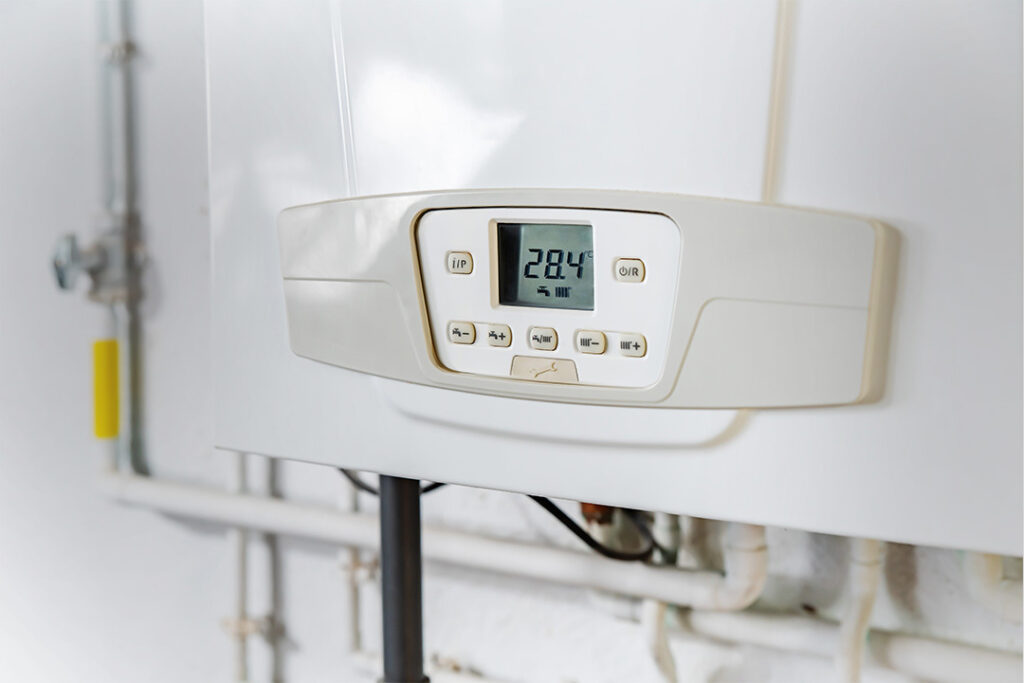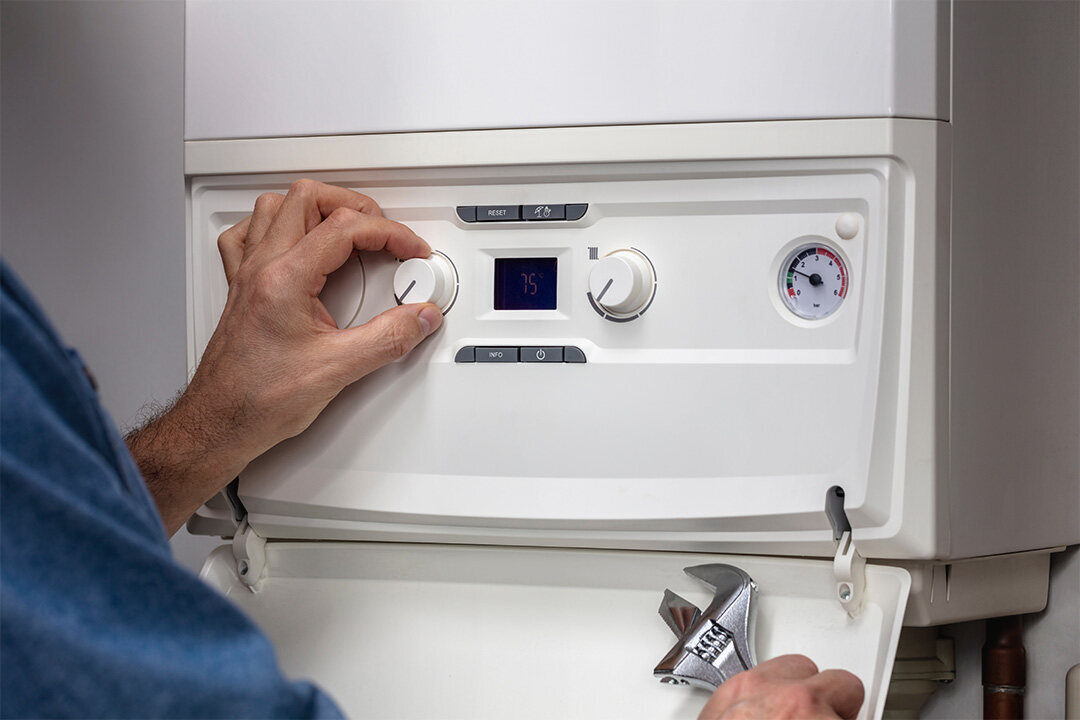Table of Contents
In the chilly depths of winter, when frost seeps into your bones and your breath clouds in the air, the last thing you want is for your boiler to conk out on you. So, you might ponder: “Can I leave my boiler on continuously?” It’s a question that’s crossed the minds of many homeowners seeking warmth without breaking the bank. Let’s discuss the nuances of boiler operation to uncover the answer.
Boiler Operation
What Does It Mean to Leave the Boiler On Continuously?
Before we dive into the debate, let’s clarify what we mean by leaving the boiler on continuously. Essentially, it entails keeping your boiler running non-stop, 24/7, without any breaks or intervals.
How Do Boilers Work?
Boilers function by heating water, which then circulates through pipes to radiators or underfloor heating systems, providing warmth to your home. When the water cools down, it returns to the boiler to be reheated, completing the cycle.
The Constant Conundrum: Pros and Cons
Now, let’s weigh the pros and cons of leaving your boiler on continuously.
Pros of Continuous Boiler Operation
- Consistent Comfort
Keeping the boiler running helps you avoid delays between heating cycles, thereby guaranteeing a constant temperature in your home, which is one of the key benefits.
- Reduced Wear and Tear
Surprisingly, turning your boiler on and off often can make it wear out faster. You will relieve the strain on it when you run it all the time, and that could help you to prolong its life.
- Energy Efficiency
Contrary to popular belief, boilers can be quite efficient when operated continuously. They work most efficiently when maintaining a consistent temperature rather than constantly fluctuating.
Cons of Continuous Boiler Operation
- Increased Energy Consumption
While continuous operation might seem efficient, it can lead to higher energy bills. After all, you’re essentially heating your home even when it’s not necessary, which can result in unnecessary energy expenditure.
- Overheating Concerns
Leaving your boiler on continuously raises the risk of overheating, especially if your home is well-insulated. This not only wastes energy but could also pose safety hazards.
- Potential Maintenance Issues
Continuous operation may mask underlying maintenance issues since any problems might go unnoticed until they escalate. Regularly cycling your boiler on and off can help you catch issues early on.
Why Do Some People Leave Their Heating on All the Time?
Think about the notion that continuously running the heating system at a low level while manipulating the thermostat setting is the affordable way to make a house warm. But this is totally untrue because they argue that turning it off and on again consumes more energy in some places, which is not true.”
Weather compensation is the most common method used by households. However, this is quite different from leaving your heating on low constantly.

When Should Your Boiler Be On
As you can see above, it’s not practical to keep your heater running all the time. However, you may wonder when to set the temperature. To maximise your boiler’s economical use and energy efficiency, we recommend that you only use your heat when you need it.
It is our recommendation that you only heat the rooms you need at this time. Turning off the radiators in those rooms you are not using will be one of the fastest methods you can use to save money.
A lot of boilers with a timer that you can use. As a result, you can set your boiler and heater at specific times so your home is warm when you wake up or get home from work. Then, it can also be switched off at some point.
Especially if your house isn’t incinerated properly, you’re just wasting money. In addition to this, if you are not at home or sleeping, you do not need the boiler because no one is using it. You will not feel the benefits of the boiler, so you will be wasting money and energy.
Should you Switch it Off When You go on Holiday?
Unless you still have an older boiler with an energy-consuming gas pilot light (fire), it is unwise to turn off your boiler completely while on vacation. If you set your thermostat to the lowest possible temperature, the boiler should not be on while you are away.
Leaving your boiler on also means it won’t be incredibly cold when you get back home and also prevents freezing pipes as the temperature drops in the distance.
If necessary, turn off hot water production to prevent your boilers from running if you have a hot water storage tank or separate hot water heater opposite the combi boiler.
Finding the Middle Ground: Optimal Boiler Usage
Programmable Thermostats: A Smart Solution
If you are looking for a way to balance comfort with efficiency, then think about getting yourself an automated regulator, as it would help you in regulating when you want the heating or cooling cycles to take effect through the day until night, enabling optimization of power consumption while keeping warm at all times.
Zone Control Systems
Another option worth exploring is zone control systems, which divide your home into separate heating zones. This enables you to heat specific areas only when needed, further reducing energy consumption.
Regular Maintenance Checks
No matter your choice in boiler operation, regular maintenance is what will ensure that its operational efficiency remains high. Schedule annual servicing to ensure optimal performance and catch any potential issues early on.
Conclusion
So, Can you continue heating your water boiler all day long? Technically, yes, but doing so may not be the most cost-effective or convenient option. By weighing up pros and cons beside employing smart heating devices, you can achieve the optimal equilibrium between cosiness and economicalness.



